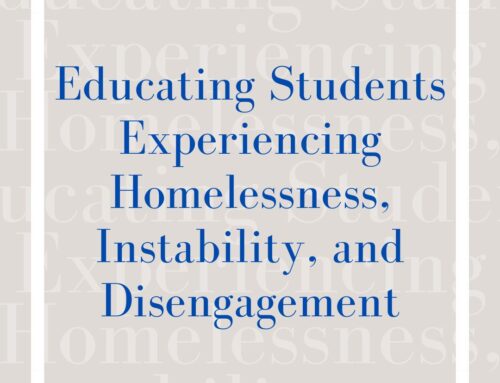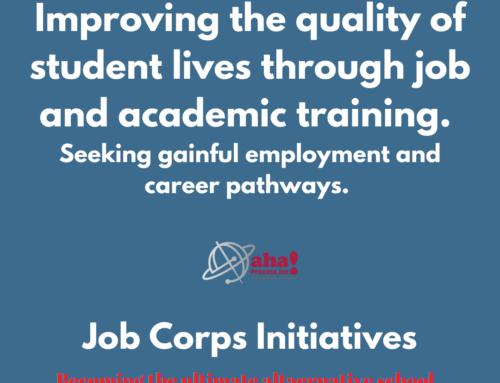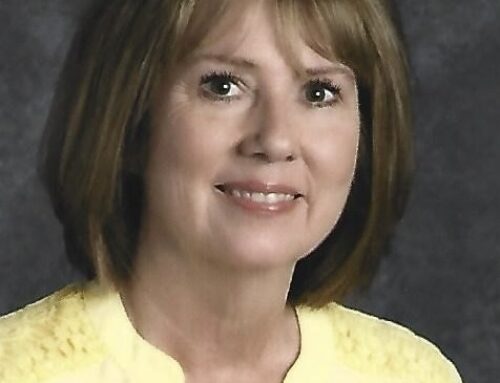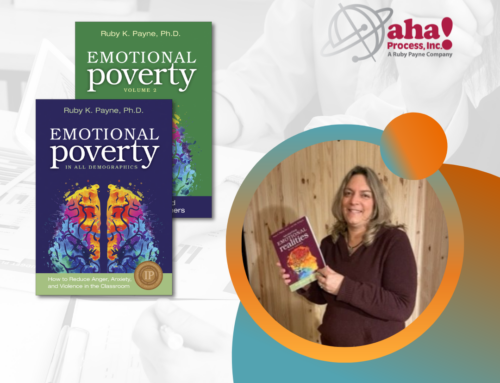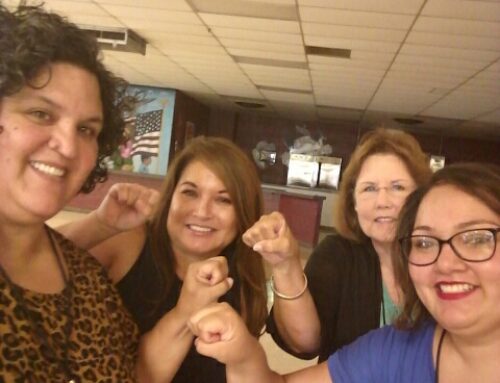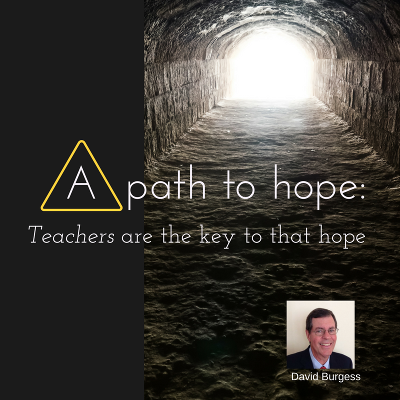 Late last month we focused on discipline: the vital role of parents, how engagement supersedes misbehavior, and why out-of-school suspensions don’t work.
Late last month we focused on discipline: the vital role of parents, how engagement supersedes misbehavior, and why out-of-school suspensions don’t work.
In this final installment, we’ll see what I (as an elementary school principal in Virginia) did to support committed teachers: the single most powerful motivator in every classroom and the key to hope for students.
If you want teachers who make a difference with students—particularly students from poverty—those teachers need four things (not necessarily in this order):
- Teachers need to “see” their students in the future tense, so to speak. See that students are not constrained or limited by where they are now (many of them mired in poverty). Rather, they are young people who want someone to believe in them so they can believe in themselves—believe they have a future.
- Teachers need to be committed to the process of learning. Achieving anything of value and quality takes time; there are no quick fixes or magic beans. This is where teachers can tap into why they became teachers in the first place: to honestly make a difference with children, many of whom came into the world with two strikes against them. Whenever I hired teachers I focused on their character, as well as qualifications. Why? People with character will make sure they get the skills they need. And people with character have high expectations for themselves and those they work with.
- Teachers need leaders more than managers. Why? The message of leadership guru Warren Bennis is clear: “Managers get things done right; leaders make sure the right things get done.” In our shared leadership at our school we were colleagues: planners, implementers, evaluators, cheerleaders—always trying to focus on the right thing to do for our students.
- Teachers need to know what they are up against; the majority of U.S. teachers are Caucasian females not raised in poverty. This is where the training by Ruby Payne and aha! Process is vital. I got trained, then I did the training for my staff.
So is there hope for children who live in poverty? Yes! But you need teachers who don’t care where the students come from, who don’t prejudge what or who they can become.
In fact, you want your teachers to do what good teachers have always done: Make it hard, but rewarding, for their students to do their best every day. As Tom Hanks’ character says in the movie “A League of Their Own” … “The hard is what makes it great.”
There’s an old refrain—variously attributed to Rudyard Kipling, Elbert Hubbard, and that prolific author Anonymous—which goes:
“No written word, no spoken plea
Can teach our youth what they should be;
Nor all the books on all the shelves,
But what the teachers are themselves.”
What about the teachers themselves? An Organisation for Economic Co-operation and Development (OECD) 2016 report, “Low-Performing Students: Why They Fall Behind and How to Help Them Succeed,” found that:
Teacher morale has a significant impact on student performance and well-being. … Students who attend schools where teacher morale is lower are more likely to perform poorly … compared with students who attend schools where teacher morale is high … even after accounting for the socioeconomic status of students and schools.
Our teachers relished the challenge in front of us, embraced “the hard,” and had the deep satisfaction of seeing their students succeed academically, socially, and emotionally.
It’s not easy or quick, but it is possible. Teaching students from poverty can be seen as an insurmountable obstacle or as the challenge of a lifetime. It’s up to the principal and teachers to create the opportunities for hope to happen.
Instead of throwing up our hands and saying, “Why me?” at our school we simply asked, “Why not?”
Dave Burgess is an independent educational consultant in Richmond, Virginia. He is an adjunct professor for the University of Richmond and a university supervisor for James Madison University. He served as principal of an elementary school in Henrico County (Virginia) Public Schools for 17 years; the last 12 years of his tenure the school achieved and maintained state accreditation. Before serving as a principal, he had been a school counselor in Virginia and Florida. Dave began his career as a teacher in the public schools of Florida. He can be reached at davidburgess789@gmail.com. This concludes the series “A Path to Hope,” which began with “A path to hope: Critical Teacher Actions That Transformed a School.”

